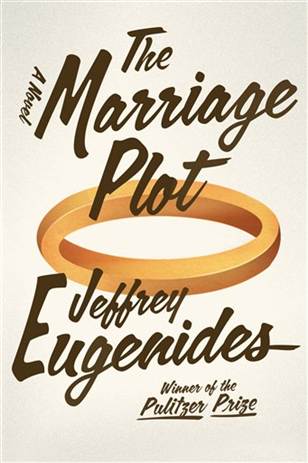Yes, I'm aware that I'm the last person on the face of the planet to read this one, but I resisted it because of its genre. I have a really difficult time reading fantasy. For me to love a book, the story has to be believable and the characters have to find a way to my heart. A large part of my reading experience involves visualizing the story as I'm reading. When it comes to fantasy novels, I have a tremendous amount of difficulty visualizing the events and setting. It takes a pretty darn good author to convince me that the events and setting are plausible. Therefore, I avoid these types of books and happily get lost in time with historical fiction, or gasp over the trials and tribulations of someone's life in a memoir, or work my way through a realistic/contemporary novel because I know there will be characters involved in real-life situations that I will hopefully never have to endure (and maybe a few that I wish I could).
So coming from someone who couldn't get past the first 10 pages of
Harry Potter and coming from someone who refused to even look at the book covers of the whole
Twilight series and join the cult,
The Hunger Games went surprisingly well for me. Surprise ~ surprise!
Had I looked a little closer at the author's name, however, I probably would have surprised myself sooner rather than later. About five years ago, I had been a teaching intern at Suzanne Collins's daughter's school. And I just so happened to be working one on one with a student in her daughter's class the day that Mrs. Collins had come in to talk to them about a recent book she had just published,
Gregor the Overlander. Honestly, I remember thinking that this too was a book that I would never read because of its genre. But I found Mrs. Collins to be extremely giving of her time and generous with the answers she provided to her daughter's classmates. Over the last couple of years working in that same elementary school and a few others, I noticed that students were eating up her books. They were really enjoying them. They were giving these fantasy novels a chance. . .and I wasn't.
Suzanne Collins, thank you for writing the one fantasy novel that I have actually enjoyed! For the most part, I found the novel believable and I could visualize the characters and the post-apocalyptic setting. I will say, however, that I did have trouble visualizing the whole attack scene towards the end of the novel involving the muttations and the cornucopia. (Is this cornucopia sitting on its side? Is it standing upright? How are the characters hanging on to it? Are they inside of it? Outside of it? How are they shielding themselves?) But I shocked myself with this one. I really did enjoy this novel. I guess I'm breaking out of my shell (or cornucopia) for the new year.


